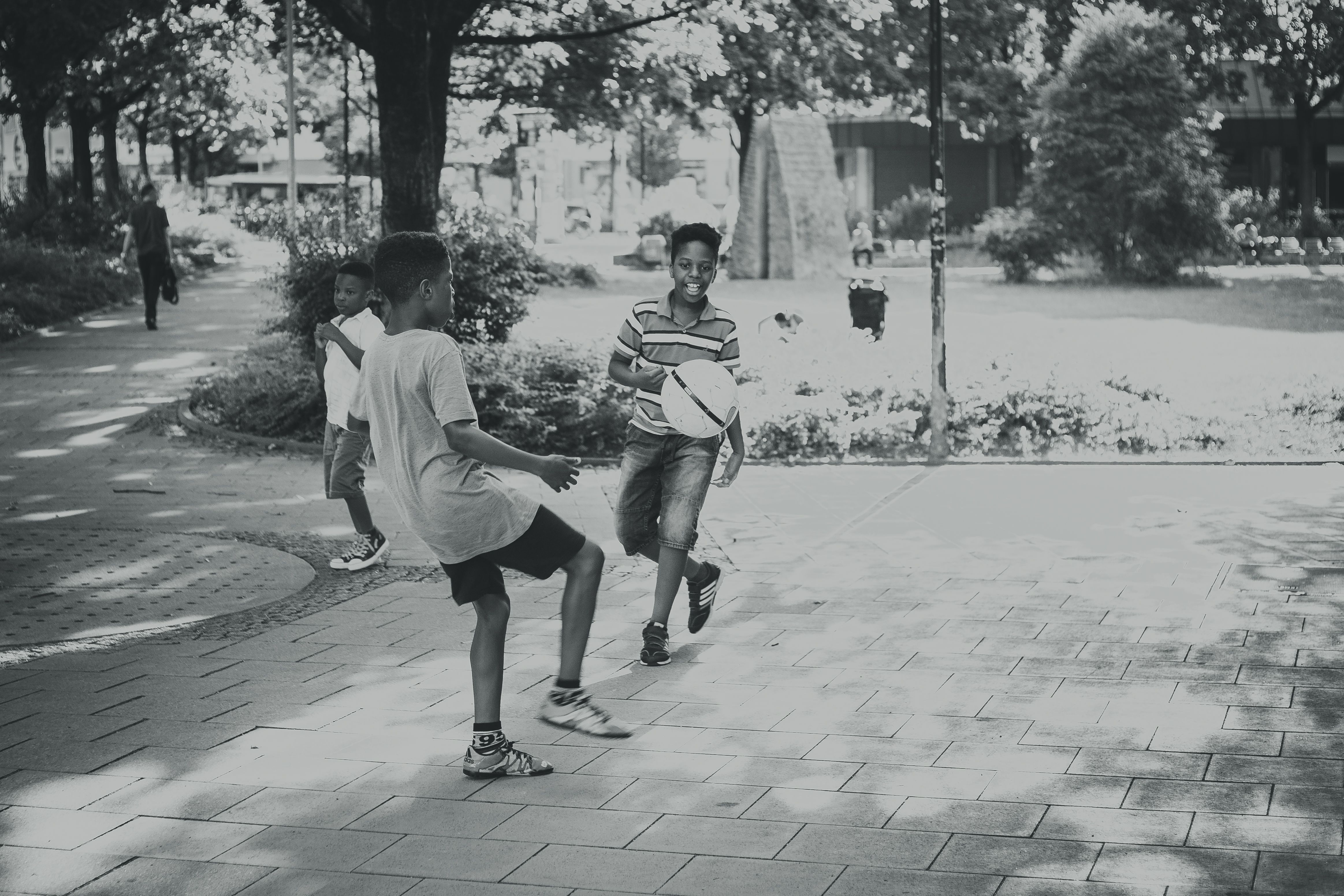
We live in stressful times. With personal and global concerns clamoring for our attention and sanity, it is easy to see why many of us feel dis-empowered Unfortunately, it can be just as easy to empower ourselves in unhealthy ways. Whether it's gossiping about a classmate, judging another person's life on social media, or using our intellectual or athletic abilities to get validation, we have all sought empowerment in an unhealthy way during our lives. The goal of this article is to honestly take a look at some of the traps we fall in to, and try to find a better, healthier way to get the validation and empowerment we need. As always, this is a surface-level, non-expert discussion of this topic. If you are struggling with esteem or you feel that an unhealthy form of self-empowerment has gotten out of control, please seek help from a more informed source. Tubman has several great resources and referrals for professional help that you can find on their website.
In my experience, a common way we empower ourselves is by dis-empowering others. The most obvious examples of this are bullying, non-friendly teasing, and gossiping. However, again in my experience, a lot of people dis-empower others in less obvious ways. The thousands of "cringe compilations," and other memes, which exist for the sole purpose of mocking, and ridiculing their subjects on social media are a good example of this. Mocking and ridiculing others, even when they engage in less-than appropriate social behavior, is probably not the healthiest of internet pastimes So what's the solution? I think we can start by looking at why dis-empowering others is so validating for us. Like, “I participate in this practice because I find entertainment in it, but also because I find it provides reassurance for me that I am a good person, or at least, that I'm better than the people that I love to hate online.” When you've realized why you use this unhealthy solution to empower yourself, you can begin to look for a better alternative. Maybe you work a little bit harder to make your own online presence more positive, or maybe you try to cultivate empathy instead of ridicule for others online. By being aware of the impulse to dis-empower others, it's possible to empower yourself by default.
Another toxic form of empowerment is similar to the last one I mentioned. The use of unhealthy external validation. It is normal to seek approval and validation from others. If we didn't we wouldn't learn what was and wasn't appropriate behavior to use in any given social setting. The problem happens when we seek validation above all else. This often manifests in misuse of social media, with many people posting an unhealthy amount in order to gain attention. People also get validation from conversations in the real world, by spending time with the wrong people, or engaging in behaviors we don't feel entirely comfortable with. People who have natural talents like a great singing voice, or amazing athletic skills, may also use those abilities to seek approval rather than to to do something they love. This problem again comes down to a lack of esteem and a sense that we lack power on our own. A good way to begin solving this one is curating your friend groups. Spend time both on and offline with people who build you up for being who you are, not who they want you to be. Use your social media to post content that you enjoy creating, and to connect with other people with your shared interests. You may get less follows and likes that way, but you will be sure that the people who do follow you share your interests, and may, someday, become genuine friends. If you have a natural talent be proud of it, and don't be afraid to show it off. But sing because you love to sing, and play sports because you love to play sports. Use your enjoyment of your talents to become more empowered.
Now that we've talked about some of the more common dis-empowerment traps, let's talk about some more general empowerment solutions. One of the most helpful for me has been to take time with myself. Whether in meditation, gratitude, or journaling, connecting with yourself can be a great way to understand what you need, why you're struggling, and how worthy of power you truly are. Take time to write a short list of things you're grateful for every day, that way you can see the good things you already have, and the power to control your own mood and feelings. They don't have to be big thing either – my gratitude journal contains many mentions of the weather or a good meal I had. Don't be afraid to seek help outside of yourself if you need it. Talk to a family, a friend, or another trusted adult. If you think it would make your life better, seek professional help. No matter what you took away from this article, I hope you find it helpful. I also hope you know that even at your humblest state, you are, and will always be, more powerful than you realize.







